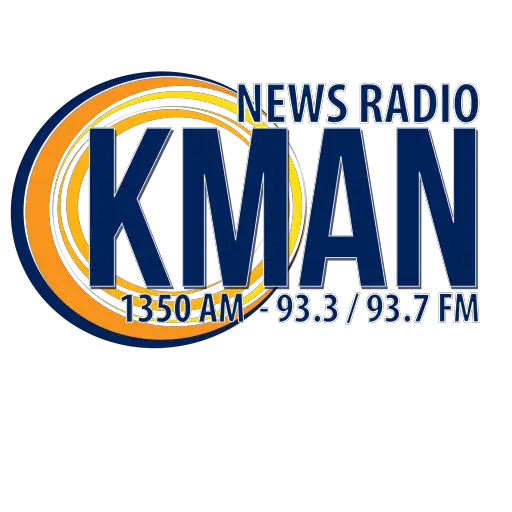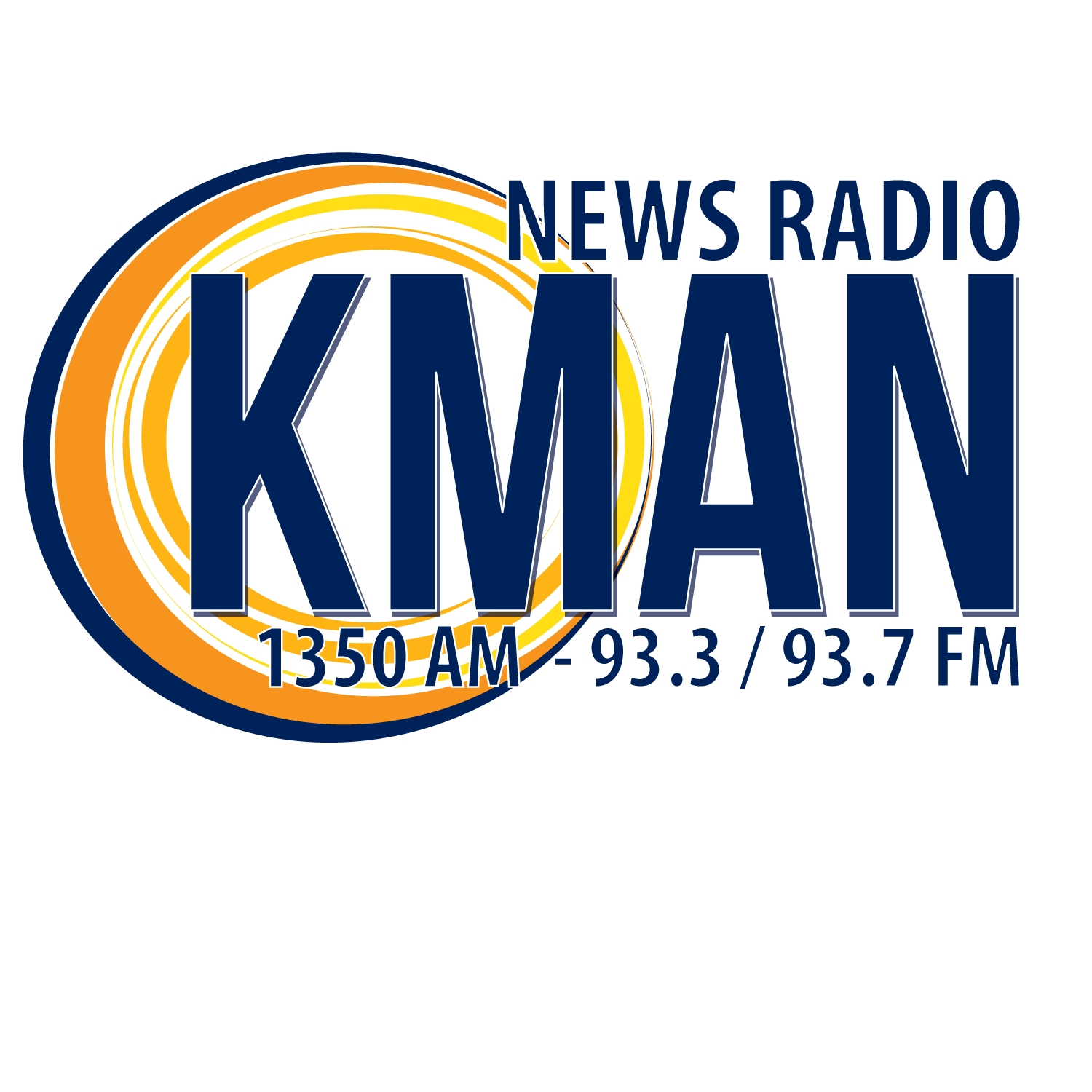While the novel coronavirus putting cities across the nation in quarantine is of zoonotic origin and ranchers are no stranger to other forms of coronaviruses, a Kansas State veterinarian says livestock pose no apparent risk of COVID-19 infection.
K-State Veterinary Diagnostic Laboratory Production Animal Field Investigations Unit Director Gregg Hanzlicek spoke on the topic on a recent edition of K-State Research and Extension’s Agriculture Today program. He says there’s a lot of misinformation circulating online, but research has given them “no indication” that livestock can carry or vector COVID-19 to humans.
“Either through carrying it on their hair or their skin or anywhere else,” Hanzlicek says.
Producers may be familiar with other forms of coronaviruses, a strain or two of which Hanzlicek says affects most animals. Specific to cattle are coronaviruses linked to neo-natal diarrhea and cattle respiratory disease, but those are not a threat to their tenders.
“Our cattle coronaviruses in no way has any relationship with the virus that’s circulating in the human,” says Hanzlicek. “These coronaviruses are very, very species specific.”
Additionally, he strongly discourages using vaccines for bovine-specific coronaviruses — a proposition he’s seen making rounds online.
“It’s not going to work, they’re two different strains,” says Hanzliceck. “But that is extremely dangerous to think that we would promote or even contemplate human beings being injected with a bovine-oriented vaccine. It is so dangerous it’s incomprehensible that people would actually promote that on the internet.”
The Centers for Disease Control and Food and & Drug Administration say there is no evidence of the virus transmitting through food — animal or plant based — including animal feed as well. As such, Hanzlicek says there’s “no reason” to not continue tending to their cattle as usual while taking precautions to limit human exposure.
Even so, many have raised concerns about the topic and have even begun asking about COVID-19 tests for their livestock — something Hanzlicek is discouraged by the CDC and FDA.
“We don’t want to just start blanketly sampling all kinds of animals for this virus,” says Hanzlicek, “because, again, we do not believe that they are associated with spreading the disease.”
Still, people that are exposed to COVID-19 and spend time around their animals may question whether their animals are infected. Hanzlicek says in the case that occurs and that they notice their animals are ill, producers should call their local veterinarian. From there, they’ll contact state or federal veterinarians to decide whether to test the animal. With relaxed regulations by the USDA, many of these meetings can be done via teleconference, minimizing human exposure for both the producer and veterinarian.
The KSU Veterinary Diagnostic Laboratory continues to be staffed, though entry is limited. Contact them at (785) 532 – 5650.



